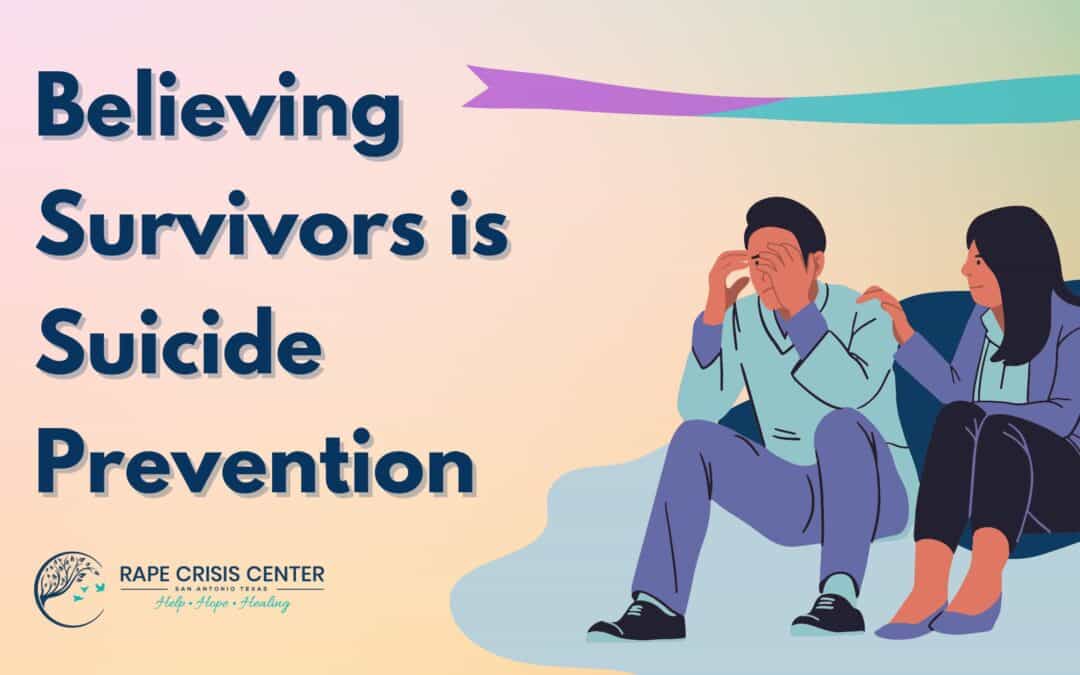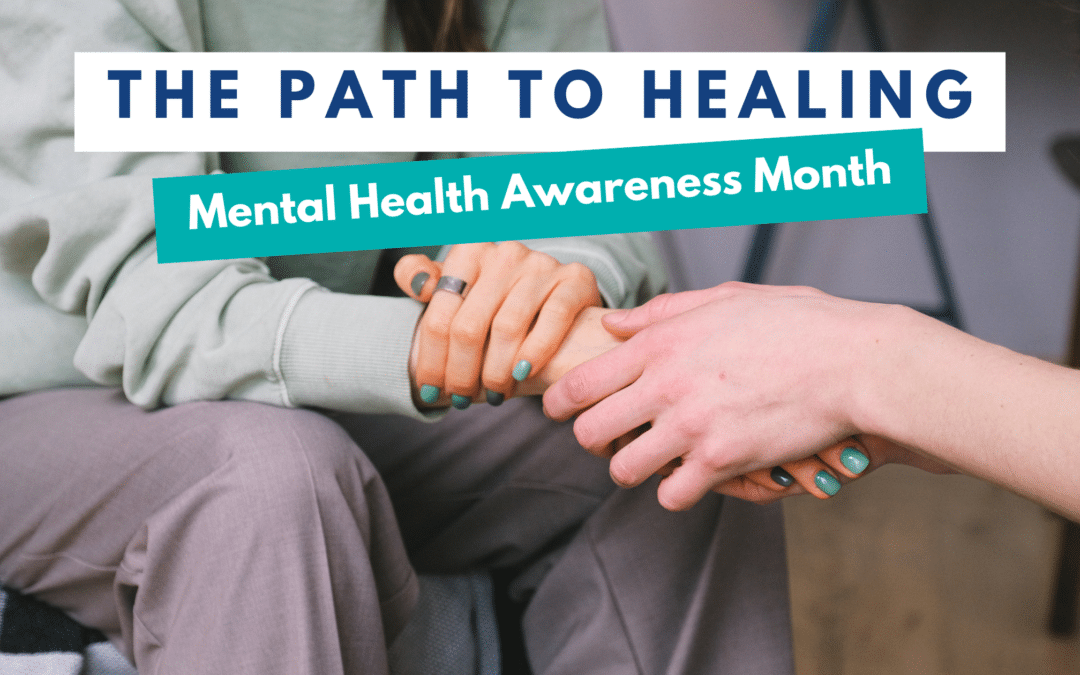

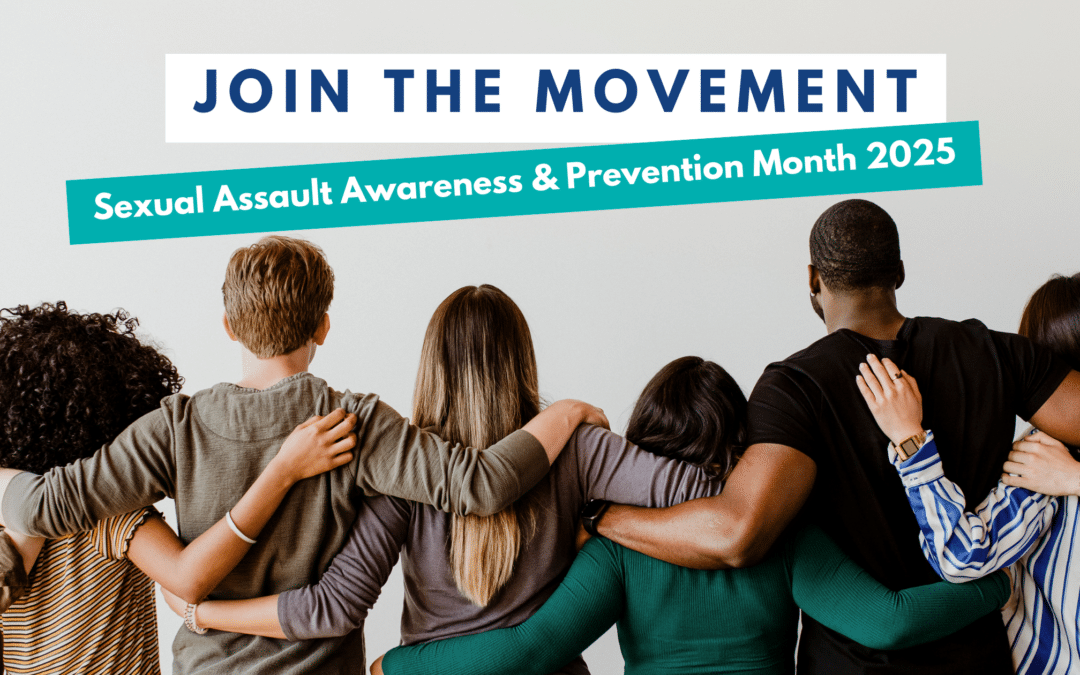
Join the Movement: Sexual Assault Awareness & Prevention Month 2025
April is Sexual Assault Awareness & Prevention Month, a time to shine a light on an issue that impacts so many while focusing on healing and the power of collective action. This month is an opportunity to honor survivors, educate our communities, and emphasize...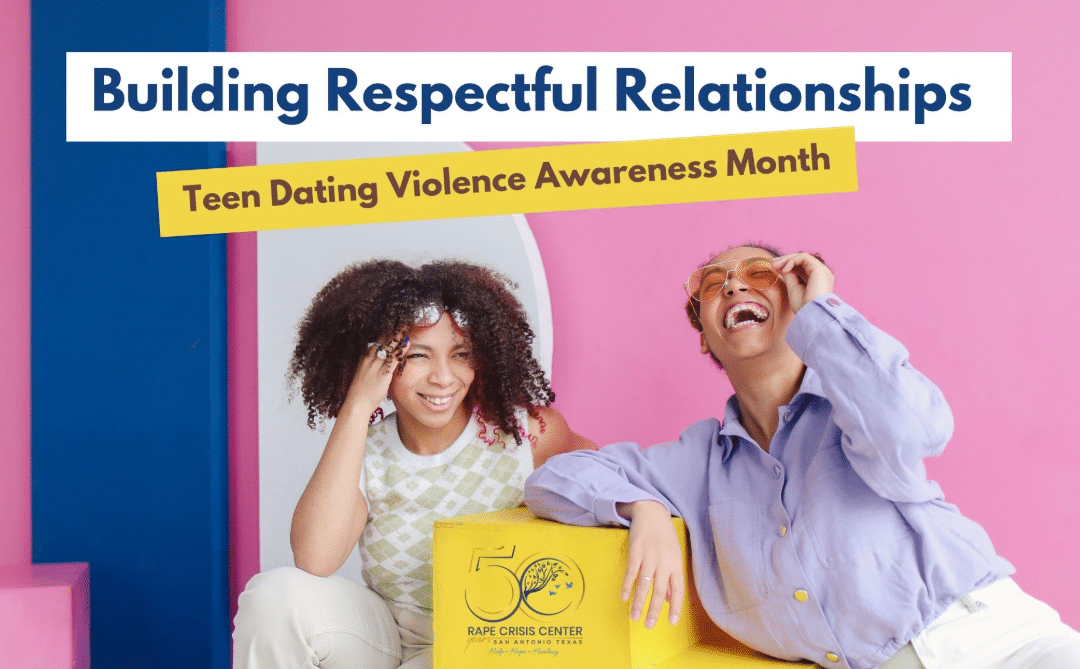
Building Respectful Relationships
Building Respectful Relationships During Teen Dating Violence Awareness Month February is Teen Dating Violence Awareness Month, a critical time to shine a light on the importance of healthy relationships for teens and young adults. At the Rape Crisis Center, we...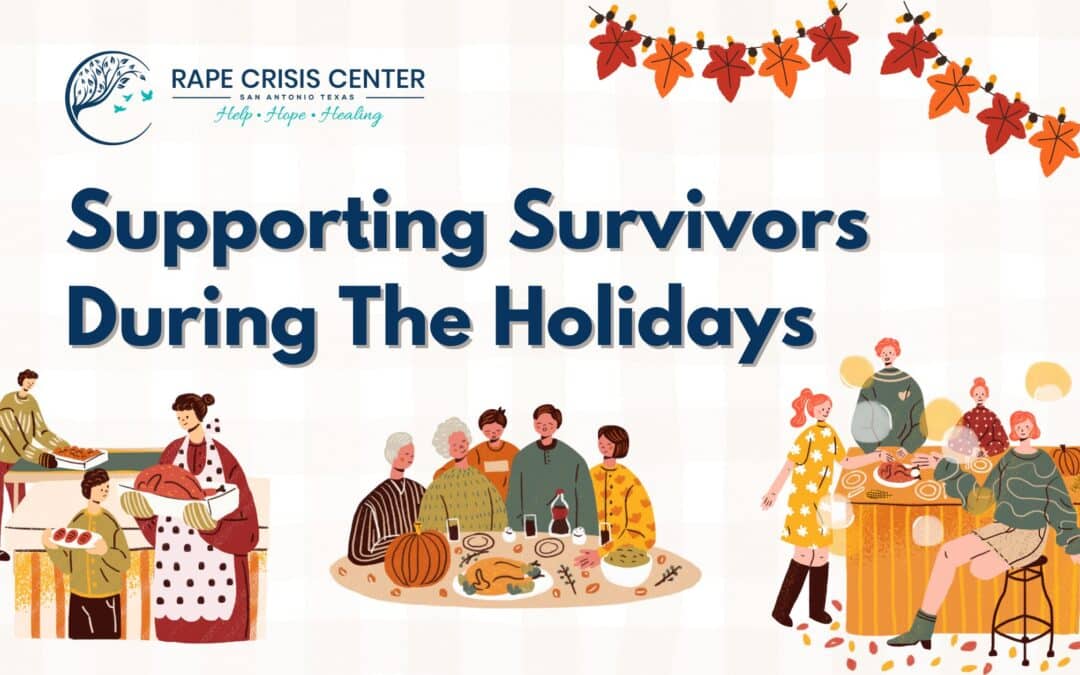
Supporting Survivors During the Holidays
The holiday season is often painted as a time of joy, celebration, and togetherness. But for many survivors of sexual violence, this time of year can bring up complex emotions and unique challenges. Whether it’s navigating family dynamics, coping with feelings of...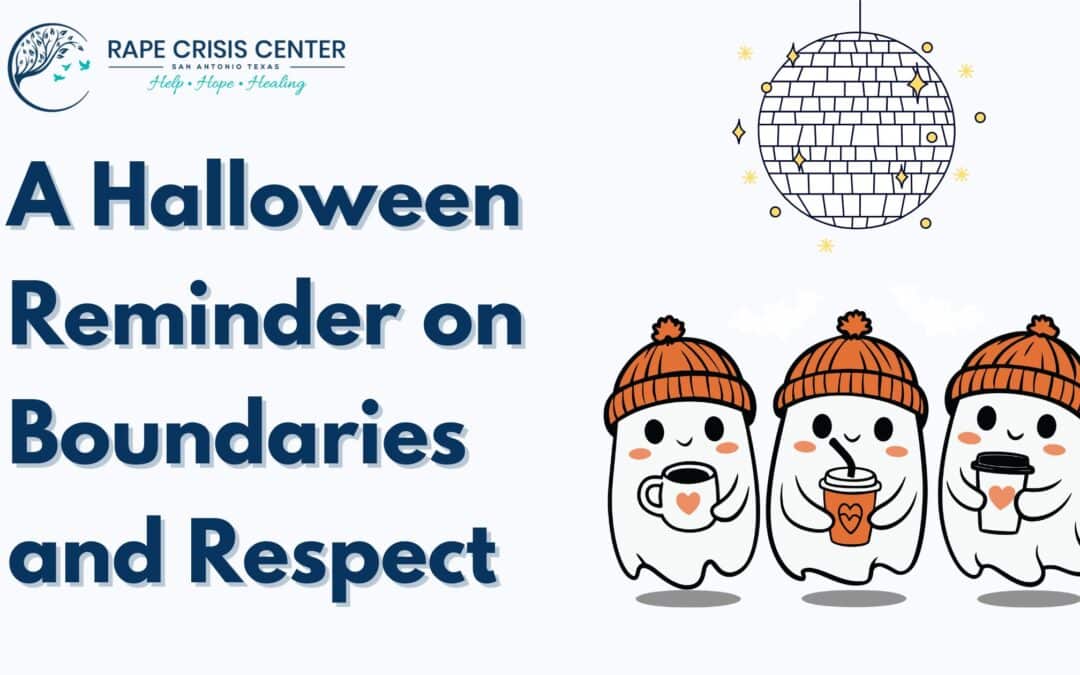
A Halloween Reminder on Boundaries and Respect
Halloween is a time for creativity, celebration, and fun, where many choose costumes that express their personalities, humor, or favorite characters. However, as the festivities unfold, it’s essential to remember: a person’s costume is never an invitation for unwanted...